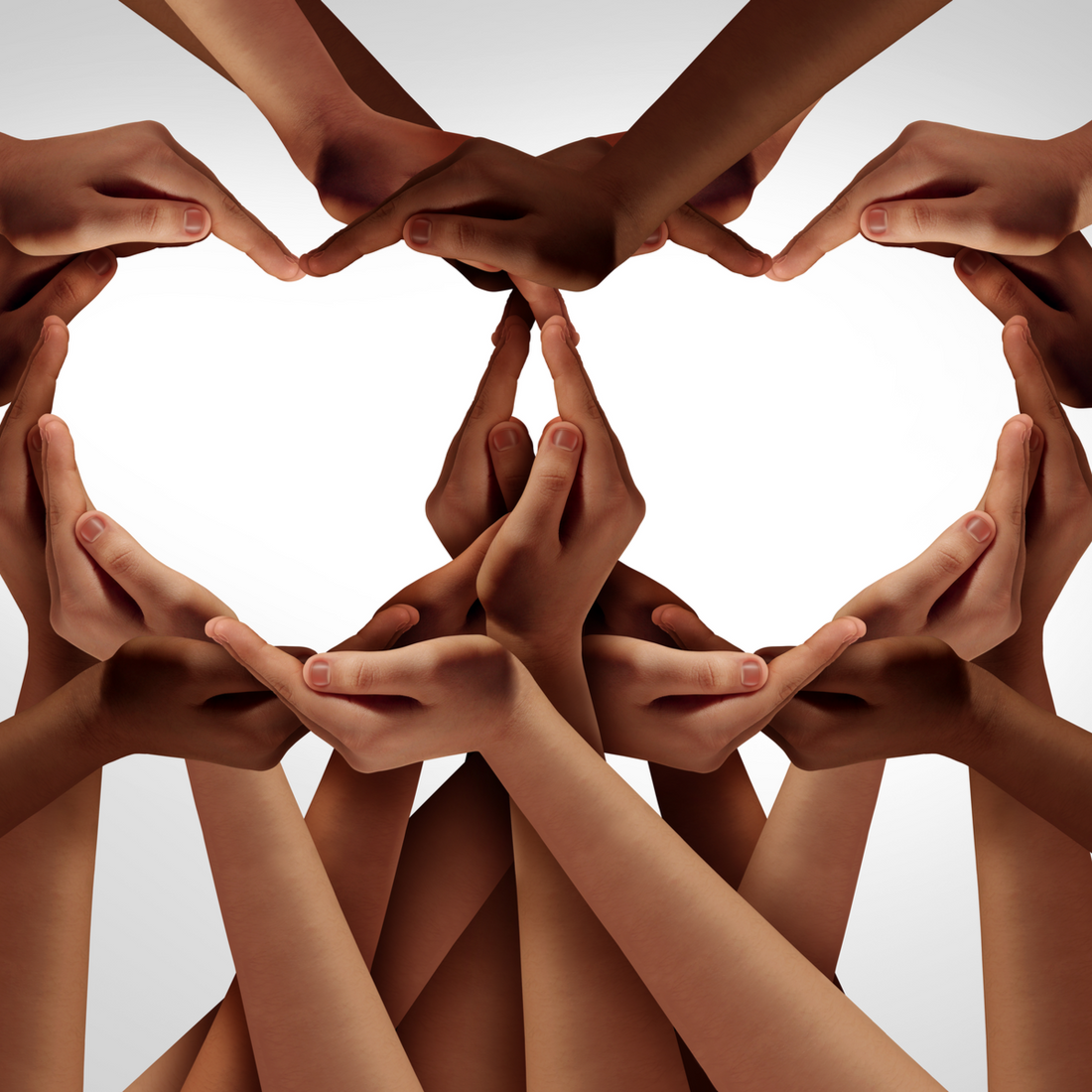This content was updated for accuracy and relevance on December 25th, 2021.
As societies become more intertwined on a global scale, countries’ demographics diversify, and our cross-cultural exchanges become more frequent. Our world is getting bigger, richer, and more culturally diverse. Understanding different cultures is more than having an appreciation for our differences, but paving the way for a new world where we all stand together.
We’re at a moment in time when we need to do more than tolerate each other. One of the reasons why traveling is important for everyone is because it helps us become more inclusive and have a more well-rounded approach to the way we engage with other human beings. We need to form a global community that encourages mutual understanding, learning, and growing together.
Why Is It Important to Understand Different Cultures?
Understanding different people and their cultures is one of the best ways we can learn from each other, and learn more about ourselves.
But what is culture? It importance of culture boils down to this: culture is what informs our way of being—it’s what shapes our beliefs and values and influences our behaviors. For example, chugging a cup of coffee and a bagel on-the-go is unique to New York culture, while other countries and cultures—like in France and Japan—might strictly treat eating and walking as two separate activities. You engage in understanding culture every day, in small ways and in big ones.
Culture is the shared language of a community, the holidays that are celebrated, and the religion that is practiced. It’s the recipes that are made, the material objects passed down through generations, and the ways we communicate with one another.
What Are the Benefits of Studying and Understanding Other Cultures?
Cultivating a positive, accepting, culturally diverse society allows us to embrace multiculturalism and reevaluate old beliefs. We reflect on what we see as normal or abnormal—like eating a bagel on the way to the Metro—and challenge ourselves to see the world from new perspectives.
By studying and understanding new cultures, an important lesson becomes deeply ingrained in our minds—that we have nothing to gain from judging something or someone, we don’t know.
Sociologists1 believe that multiculturalism is defined by the following actions:
- Recognizing that there are tons of different cultures and they’re all individually diverse
- Respecting the cultural differences between one another
- Acknowledging the validity of different cultural backgrounds and expressions
- Valuing what different types of cultures have to offer
- Encouraging diverse groups to contribute to communities and public discourse
- Empowering people to achieve their maximum potential by being critical of their own biases
- Celebrating one another, rather just tolerating our differences
What Can Different Cultures Teach Us?
By immersing ourselves in other cultures beyond our own, we can learn about each other—where people came from, what their traditions are, and what they struggle with as a community. It also forces us to criticize assumptions held about our own daily life and practices, encouraging incredible personal growth. Who knows, maybe you'll even learn something new about your own culture in the process.
There are plenty of ways you can start learning about other cultures, from asking your friends questions to reading up on various cultural norms online, but one of the best ways to truly grasp what a different culture is like is to put yourself at a culture’s epicenter—travel. Embracing different cultures through travel allows you to experience what it’s like to be a part of a community other than your own. It also gives you cultural awareness and acceptance, which can help break down cultural barriers while interacting with people of different backgrounds.
Here are some of the ways to do that:
- Try a native language and dialect to achieve cultural competence—the ability to effectively interact with people across cultures. Even learning a few phrases and words can help you make deep connections with a culture different than your own! Learning a different language will also help you learn effective communication skills when speaking English with people who are not from the same cultural background as you.
- Join in on local celebrations with an open heart and an open mind.
- Cuisine is culture. Tap into your inner Anthony Bourdain and try the foods and drinks that locals are having.
- Artistic expression can open up whole new doors to your cultural understanding. Visit art exhibits, performances, and history museums in the area.
- Don’t be afraid to ask questions, but make sure you’re being an active listener—it’s important to go out of your way to be respectful when someone is kind enough to open up and share their world or cultural values.
How Does Learning About Other Cultures Help Us Grow?
Beyond gaining a different perspective about a certain culture, you can become a better ally to a community you want to support by:
- Trying new experiences outside your comfort zone
- Taking the time to learn about different cultures
- Carrying those valuable skills into all other aspects of your life
Increased Cultural Sensitivity
Learning about one culture is a lot like learning a different language—once you’ve done the work to understand and connect with one, it’s easier to learn about more. Increasing your cultural sensitivity about one culture helps you be more mindful of other cultures too, and may inspire you to learn more about different communities in the future. It also makes you want to be more open and share your culture with others who are interested. Win-win.
Reevaluating Biases
Cross-cultural experiences help you be more aware and cognizant of the way you act—from the things you think to the words you say, to the clothes you wear. But it doesn’t just make you rethink your own cultural biases. It also makes you question the root of where they came from—where do we subconsciously pick up learned behaviors and opinions that are culturally insensitive?
By normalizing the fact that you can change your opinions and allowing yourself to admit personal biases, you’ll start to recognize other groups of people for who they are—people just like you.
Becoming More Empathetic
Absorbing new information, seeing the world from different points of view, and practicing active listening skills are all humbling—and even joyful—acts that make you a more empathetic person.
Especially in America, where demographic projections have shown that diversity will continue to rise no matter what, even if immigration slows down, applying these new skills to life in the US is more important than ever.
Embracing Cultural Diversity
Learning about different cultures is a crucial part of personal and societal development. When preparing to travel to other countries, get your travel accessories and gear from brands whose message you identify with.
At BÈIS, our mission is to embrace cultural exchange through travel, because we recognize the value of learning and growing together.
Sources:
- Purdue University. What is Cultural Diversity? https://www.purdueglobal.edu/blog/social-behavioral-sciences/what-is-cultural-diversity/
- Brookings. Reducing immigration will not stop America’s rising diversity, Census projections show. https://www.brookings.edu/research/reducing-immigration-will-not-stop-americas-rising-diversity-census-projections-show/














